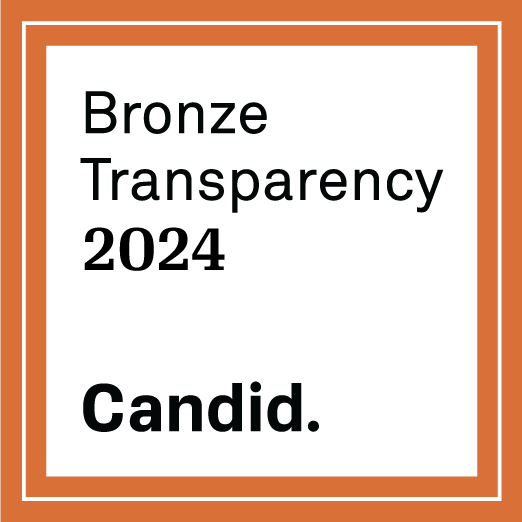Back-to-school season is here, so don’t forget to read up on student loans so you know how they’ll affect you and, more importantly, what you can do about them – with IMPACCT Brooklyn’s help.
Student loan debt is a crisis nationwide, and New York is no exception. In New York City alone, there are roughly one million student loan borrowers, with an average balance of $34,900. Roughly fifteen percent of Brooklyn’s population (or 403,173 people) suffers from student loans, and of this fifteen percent, thirteen percent of student loan holders are 270 days overdue on their payments and entered collections. Residents of the eastern part of the borough in particular struggle to pay off their student loan debt. Bedford-Stuyvesant, Brownsville/Ocean Hill, and East New York/Starrett City all lead Brooklyn in both levels of student loan debt and indicators of student loan debt, including:
- Non-completion of degree
- Attendance of for-profit schools and universities
- Nontraditional students (graduate students, students over 24, graduate students, homeless or emancipated students, married students or students with dependents, veteran students)
- Low-income families
- Black and Hispanic borrowers
Beyond a fiscal value, the long-term effects of student loan debt are keeping millennials and generation Z from achieving life milestones, including moving out of their parents’ houses, purchasing their first homes, pursuing their dream jobs, and starting families of their own.
For the past six years, Daune Iqbal-Harrison, IMPACCT Brooklyn’s financial counselor, has guided Brooklynites to financial wellbeing with her Financial Capabilities course and one-on-one counseling, including people struggling with student loan debt. Here are her five pieces of advice for persons living with student debt or recent high school graduates who are thinking about taking on student loans to pay for their education.
- Already have a student loan?– Make sure that you know what type of student loan you have. Make sure you know who is servicing the loan. Having problems? Contact your servicer! Maybe they can help, even if it is a private loan. If your loan is deferred, try paying at least the interest on the loan every month. This will keep the loan from inflating.
- Be on time – Please try and pay your student loan on time. This keeps your FICO score from tanking, and you always want to try and maintain a good FICO score! This is important: there will be times when you are going to need credit for something else, such as a car loan or buying a home. You might need a personal loan to help you through a financial problem. Keep in mind that not even a bankruptcy can usually eliminate a student loan, so if you feel overwhelmed with your financial obligations, please seek financial counseling. Schedule a financial health check-up to learn how to budget and prioritize paying off your debts on time. There’s always help!
- Scholarships – When thinking about taking out a student loan, first think about scholarships. Have you tried to get a scholarship? There are scholarships for just about everything, and lots of online databases to make searching and applying easier! Speak to your guidance counselor if you’re still in high school.
- Opt out of private school – Have you thought about a city or state college? You can get the same education or at least start yourself on your way by looking at these type of colleges as opposed to going out of state or a private college. The difference in the dollar amount will amaze you! Tuition at the City University of New York will cost $6,930 a year for a New York resident, and $18,600 for a non-resident. Tuition costs at the State University of New York are comparable. Compare that to a four year private college that could cost around $36,000! It adds up!
- Federal student loans – Look at taking out a federal student loan as opposed to a private loan. First, you have more repayment options with a federal loan, especially if you can’t afford the monthly payment that is being asked for. Second, the difference in the interest rate is quite significant. What if you go into default? A federal loan offers you more protection and options to help you get on your feet. Remember to always speak with your servicer if you experience a financial hardship. Federal student loans tend to come with low interest rates, especially if they are need-based. The federal government sets fixed interest rates for the different loans they have available for students. Privately funded student loans depend on your credit history and tend to carry higher rates. However, these interest rates can still be significantly lower than the rates of other loans such as credit card debt.
Take control of your financial situation with IMPACCT Brooklyn’s Personal Finance workshop! Our free financial literacy workshops and one-on-one counseling can help you understand credit, debt, banking, taxes, your FICO score, and get you back on track. The next Personal Finance workshop is scheduled for September 21, sign up today!



